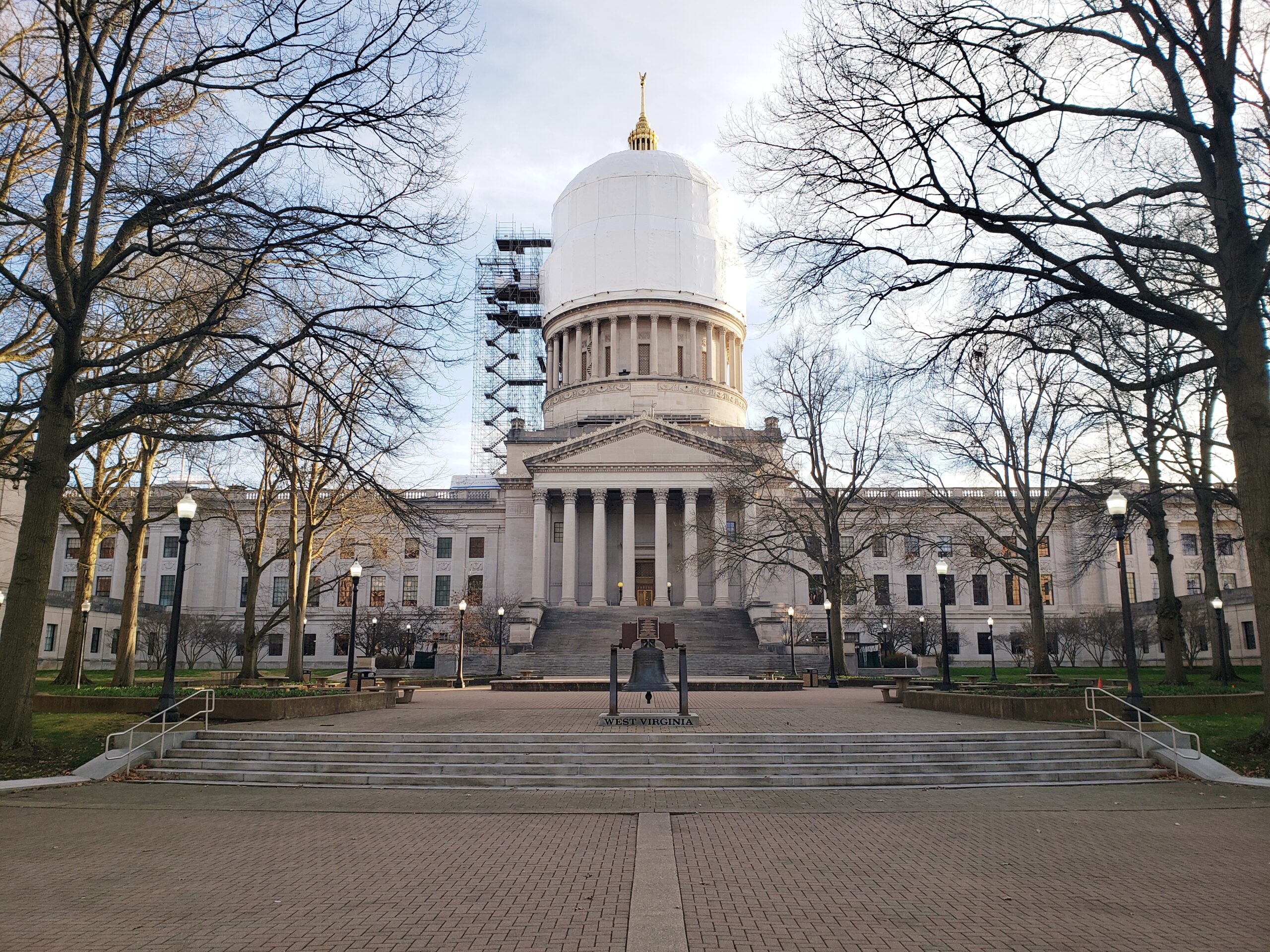MORGANTOWN — State Attorney General Patrick Morrisey has joined with five other state attorneys general to urge the U.S. Supreme Court to overturn a Pennsylvania Supreme Court ruling that extended the state’s absentee ballot deadline in defiance of the state legislature.
They make their case in a “friend of the court” brief supporting a suit filed by Pennsylvania Sen. Joseph Scarnatti, who serves as General Assembly president pro tempore, and the state GOP. That suit is before the U.S. Supreme Court.
Oklahoma’s attorney general is lead on the brief, joined by Morrisey and A.G.s from Indiana, Kansas, Nebraska and Tennessee. (The Associated Press reports that 10 A.G.s are on the brief but only five are named on the filing.)
As the brief explains, Pennsylvania law requires absentee and mail-in ballots to be received by Election Day. Voters have 50 days to return their ballots to make that deadline. But Pennsylvania’s Supreme Court extended the deadline by three days, adding that ballots with unclear postmarks should be presumed to have been mailed by Election Day.
Morrisey commented, “This is a clear example of courts legislating from the bench, and the impact shakes the very core of our democracy. Pennsylvania’s legislature wrote clear instructions concerning the deadlines for absentee ballots. Now its Supreme Court has decided it knows better than elected lawmakers.”
The U.S. Constitution says “The Times, Places and Manner of holding Elections for Senators and Representatives, shall be prescribed in each State by the Legislature thereof;” and “Each State shall appoint, in such Manner as the Legislature thereof may direct, a Number of Electors, equal to the whole Number of Senators and Representatives to which the State may be entitled in the Congress.”
The lawsuit asks the U.S. Supreme Court to decide if Pennsylvania’s court usurped that authority and whether the court’s “extension and presumption are preempted by federal statutes that establish a uniform nationwide federal Election Day.”
The brief makes a number of arguments to support the suit. Among them:
— It says more than 30 state set and Election Day deadline for absentee and mailed ballots, but the Pennsylvania court used the COVID-19 pandemic as an excuse to rewrite the law.
— This election cycle, more than 500 cases have been filed instate courts, many to change state election laws. “These have resulted in a patchwork of court rulings that usurp the legislative role and create new election rules in substitution of the judgment made by the people’s representatives.”
— States ave an interest in choosing not to have postmark deadlines, “which can be difficult to implement and enforce, lead to the invalidation of some ballots received after Election Day but not others, increase the risk of voters casting ballots after initial election results are released, and undermine confidence in an election if the Election Day results change from votes that are received days after. Such deadlines cannot be judicially rewritten merely because some voters will not act in a timely fashion to comply. …
“COVID-19 does not make these laws unconstitutional. … With hundreds of cases filed in courts in almost every state creating mass uncertainty, state legislatures can no longer reliably set election rules without a significant possibility that some court somewhere will think better of them.”
The brief explains that Pennsylvania’s court changed the law based on the June primary, where election officials expected to handle 80,000 to 100,000 mail-in ballots but were overwhelmed by 1.8 million. But election officials weren’t overwhelmed in November: They expected 3 million mail-in or absentee ballots and that proved to be an overestimate.
“This shows why courts cannot simply assume that state and local public servants will refuse to learn the lessons of the past and won’t take significant steps to address the expected increased volume of absentee ballot requests,” the brief says. Pennsylvania’s most significant general election delays were caused by litigation.
The brief suggests a hypothetical case where the legislature set a deadline three days past Election Day and the state court decided to make it four. “Almost no deadline the legislature could set would be secure from alteration by the courts in the exact same factual scenario of this case. … The inescapable reality is that it is now the judiciary that sets the times and manner of federal elections, occasionally with the consent of some executive official, not the state legislature.”
The brief sums its argument: “Election law has become so chaotic that it is now impossible for state legislatures to know in advance whether the election rules they have enacted will or will not be reimagined by courts. This ever-worsening reality is hardly what the Constitution envisions.”
It should be noted that the suit this brief supports is separate from a federal court suit filed by President Trump’s campaign seeking to halt certification of the state’s election results, where Trump trails by about 45,000 votes and the state has been called in Democrat Joe Biden’s favor.
The Associated Press reports that the Trump campaign suit asks the court to prevent the state, Philadelphia and six counties from certifying the results of the election. It also seeks to block them from counting mail-in ballots that weren’t witnessed by a Trump campaign representative when they were processed or counting ballots cast by voters who were given an opportunity to fix mail-in ballots that were going to be disqualified for a technicality.
The suit accuses Allegheny County and Philadelphia — where Trump lost by a wide margin — of receiving and processing 682,479 mail-in and absentee ballots without review by political parties and candidates. The lawsuit also charges that “Democratic-heavy counties” violated the law by identifying mail-in ballots before Election Day that had defects — such as lacking an inner secrecy envelope or lacking a voter’s signature on the outside envelope — so that the voter could fix it and ensure that their vote would count.
Tweet David Beard@dbeardtdp Email dbeard@dominionpost.com




